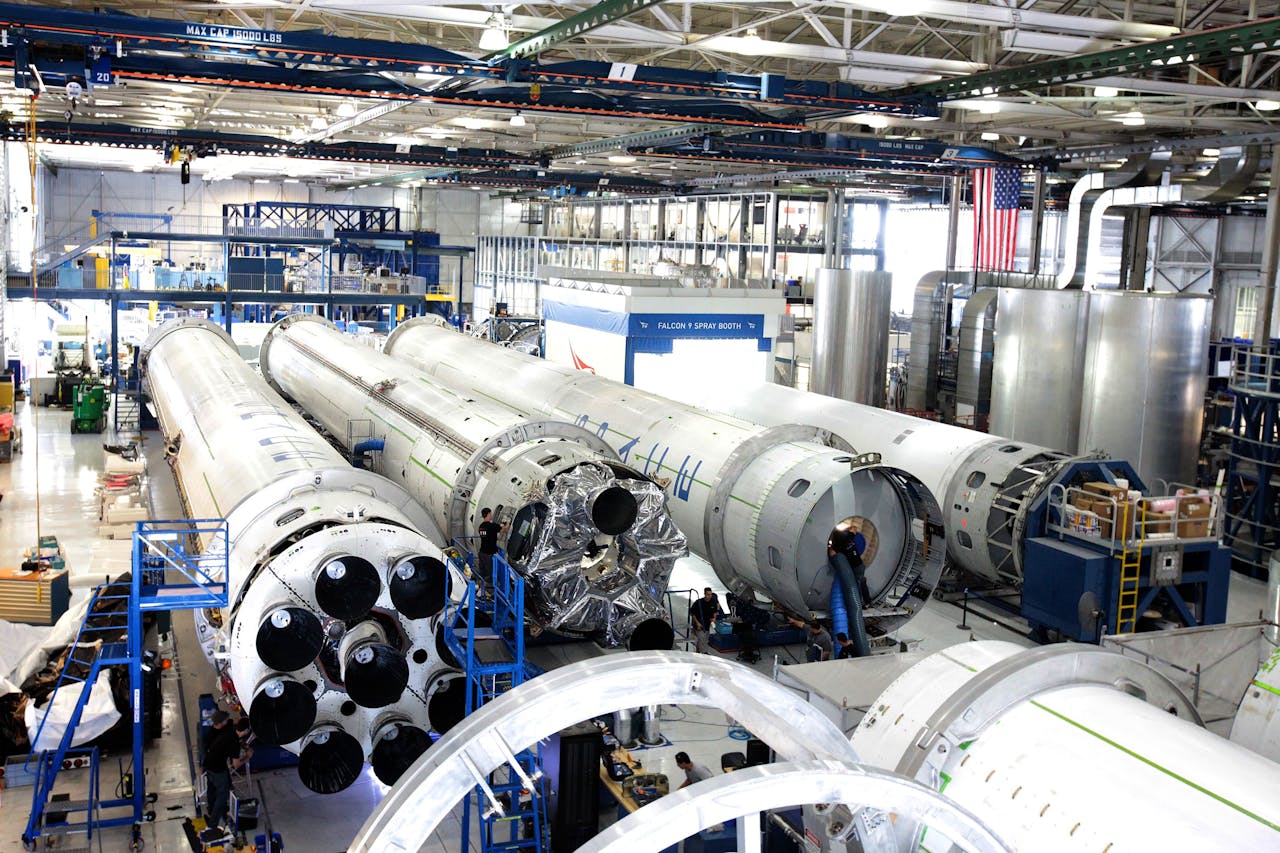Strategic Partnership Leads to BAIYU Holdings Stock Drop
BAIYU Holdings stock faced a significant drop on Thursday following the company’s announcement of a major strategic partnership. The stock declined sharply after the company revealed that its subsidiary, Shenzhen Jintongyuan Energy Storage Technology Co., had signed a Letter of Intent (LOI) with Adler International. This LOI details plans to construct and operate 365 charging and battery swap stations in Cairo, Egypt.
Stock Performance and Market Metrics
The stock opened at $1.30 on Thursday and closed at $1.50 the previous day. The day’s trading range was between $1.02 and $1.43.
Over the past year, the stock has fluctuated between $1.02 and $10.50. Despite these metrics, the stock experienced a 13% decline following the announcement.
Details of the LOI
The LOI marks a significant breakthrough for BAIYU Holdings in its global expansion strategy. The agreement involves the planning and construction of 365 charging and battery swap stations in Cairo. The Egyptian government will fully fund the project, with an initial investment of approximately $1.5 million per station, totaling around $547.5 million.
According to the LOI, BAIYU Holdings will provide energy storage systems, charging piles, and swapping equipment. The company will also oversee the planning and construction of the stations. Both BAIYU Holdings and Adler International will jointly operate and manage these stations through a new Egyptian joint venture.
 Jintongyuan’s Role and Market Position
Jintongyuan’s Role and Market Position
Shenzhen Jintongyuan specializes in research, design, operation, and maintenance of energy storage batteries and lithium battery products. The company aims to become a leading global provider of energy storage solutions. Jintongyuan’s products are used in various large electric vehicles, including electric trams and forklifts.
The company focuses on enhancing user experience through a new system integration business model supported by intelligent services. This strategic move is designed to improve the convenience and comfort of energy storage solutions.
CEO’s Comment on the Partnership
Ms. Ouyang Renmei, CEO of BAIYU Holdings, stated, “The MEA market has presented significant opportunities and potential in recent years. We are thrilled to have secured this major cooperation project, which represents a meaningful step forward in our expansion into the MEA. Entering this dynamic and promising market underscores the market’s recognition of our competitive strength and technical expertise. This milestone also confirms that our global expansion strategy is on the right track. Looking ahead, we anticipate sharing more exciting developments and achievements with our shareholders and stakeholders.”
BYU Holdings Stock – Market Reaction and Future Outlook
The market reaction to BAIYU Holdings’ announcement has been largely negative, with stock falling 13% amid concerns over the company’s execution of the large-scale project. The significant investment and the strategic nature of the partnership were expected to enhance BAIYU Holdings’ position in the MEA region. However, the immediate decline in stock price reflects investor skepticism about the execution and impact of this large-scale venture.
Company Statistics and Financial Metrics
BAIYU Holdings currently boasts a market capitalization of $51.94 million and an enterprise value of $76.68 million. The company’s share structure reveals a total of 49.95 million shares outstanding, marking a dramatic increase of 432.35% over the past year. This surge in share count reflects a significant rise in stock issuance, although it has not translated into positive price performance. The stock price has plummeted by 89.09% over the last 52 weeks, reflecting substantial volatility and investor concern.
The company’s trailing price-to-earnings (PE) ratio is notably low at 2.01, which indicates a potential undervaluation relative to earnings. The price-to-sales (PS) ratio is 0.11, and the price-to-book (PB) ratio stands at 0.18, both of which suggest that the stock is trading at a considerable discount compared to its revenue and book value. Financial ratios such as the enterprise value to sales (EV/S) ratio is 0.64, further emphasizing the perceived undervaluation of the company.
In terms of financial health, BAIYU Holdings maintains a strong current ratio of 6.77, indicating a robust ability to meet short-term liabilities. However, the quick ratio is a stark 0.01, highlighting potential liquidity challenges. The company’s debt-to-equity ratio is extremely low at 0.01, suggesting minimal leverage. Despite this, the company faces operational difficulties with a negative gross margin of -0.12% and negative operating and free cash flow margins, which contribute to its negative earnings before interest and taxes (EBIT) of -$10.74 million.
The Altman Z-Score of 0.95 and Piotroski F-Score of 1 indicate significant financial distress, suggesting an increased risk of bankruptcy. Furthermore, the company has reported a net cash position of -$5.31 million, reflecting more debt than available cash. These financial metrics underline the substantial challenges BAIYU Holdings faces as it navigates its strategic initiatives and market performance.
 Market Reaction Reflects Challenges of BAIYU Holdings’ MEA Expansion
Market Reaction Reflects Challenges of BAIYU Holdings’ MEA Expansion
BAIYU Holdings’ stock has experienced a notable decline following the announcement of a strategic partnership aimed at expanding its presence in the MEA region. While the partnership represents a significant step forward for the company, the market’s reaction highlights the challenges associated with executing large-scale projects. Investors will be closely watching the company’s progress as it navigates this ambitious venture.
Chart by Trading View

